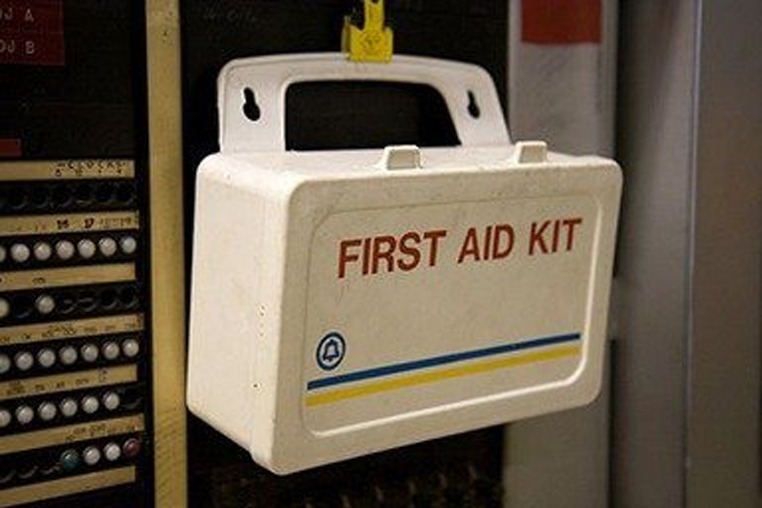First Aid Courses in Canberra. Nationally Recognised Training with first aid certificate. Excellent Trainers. Courses filling fast.
First aid training was on the program agenda, but not methods such as CPR or the Heimlich maneuver. Instead, the Youth Mental Health First Aid training focused on ways to help youth experiencing a mental health crisis.
Twenty-five people — including high school and college students, teachers and professors, parents, a pastor and a nurse — gathered Saturday at the MU Extension in Boone County. The program’s goals were to demystify mental health stigmas and to teach people how to provide immediate help in a mental health emergency.
The participants each earned a certificate upon completing the day-long training. The event was cohosted by the MU Extension in Cooper County and Children’s Grove, a local charity that supports young people’s mental and emotional health.
Sarah Traub, a human development and family science specialist based at the MU Extension in Cooper County, and Alejandra Gudiño, an officer for MU’s Division of Inclusion, Diversity and Equity, led the training. They followed a curriculum set by Mental Health First Aid, an international nonprofit that trains people to “identify, understand and respond to signs of mental illnesses and substance use disorders.” The nonprofit also trains people to provide emotional support to people with a mental health or substance abuse problem.
Gudiño said they have offered the training to educators everywhere in Boone County except Columbia, where they hope to bring it soon.
She also said the idea is for people to have a conversation with and inspire hope in those they’re trying to help.
“Recovery is there, even in the most difficult cases,” Gudiño said. “Treatment is there.”
Both Traub and Gudiño stressed that the course is not meant to train people to diagnose mental illnesses, but rather how to care for people and help connect them with resources. Gudiño said she wants people to know how to talk to those suffering and “listen with good hearts and a little bit of information.”
During the training, participants talked about the importance of seeing mental illness the same way as physical illness.
“It’s important to have regular first aid because you don’t want to bleed out,” Katie Ensign, one of the participants, said. She said having mental health first aid is just as important, “because you don’t want to bleed out mentally either.”
Gudiño said this requires suspending judgment on others.
“We don’t judge people when they say, ‘Oh I have to go and put insulin because I have diabetes,’” she said.
Participants expressed various reasons for wanting to take the course.
Heather Dougan, a senior at Southern Boone High School in Ashland, said she has been waiting since last year to take it. She wants to be a social worker, and hopes this training will help her decide whether she wants to work with youth.
Molly Ring, an art teacher at Benton High School in St.Joseph and an MU graduate, said she came to learn more tools to use with her own students. In the seven years she has been teaching, she said she has adapted how she responds to her students’ behavioral issues.
“I want to get to the heart of what’s going on instead of being reactive,” Ring said. “Behaviors are usually not independent. There’s always something that’s a deeper cause.”
She also said she focuses on building relationships with students and doesn’t always make discipline the first step.
“The primary thing that helps me, even in a frustrating situation in the classroom, is approaching those situations with care — genuine care and concern — and trying to make that the first priority,” Ring said.
The course also covered the national prevalence of mental health issues among children. According to the National Alliance on Mental Illness, 21 percent of 13- to 18-year-olds experience a severe mental disorder at some point, along with 13 percent of 8- to 15-year-olds.
Participants brought up several potential problems with data on mental health illnesses. They discussed how it can misrepresent certain age groups, genders and ethnicities because some of those groups may be less likely to report mental illness for a variety of reasons.
Supervising editor is Tynan Stewart.

